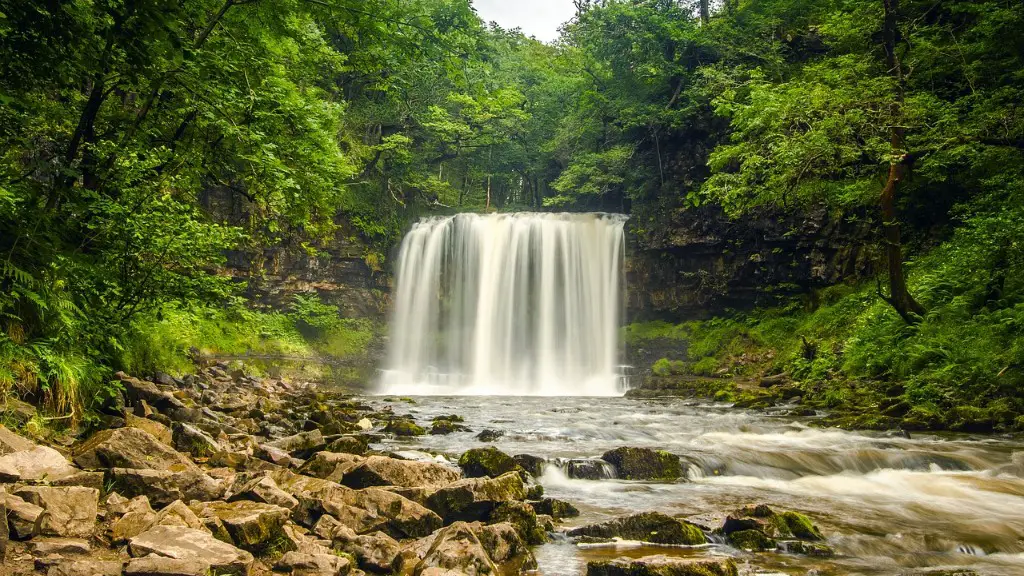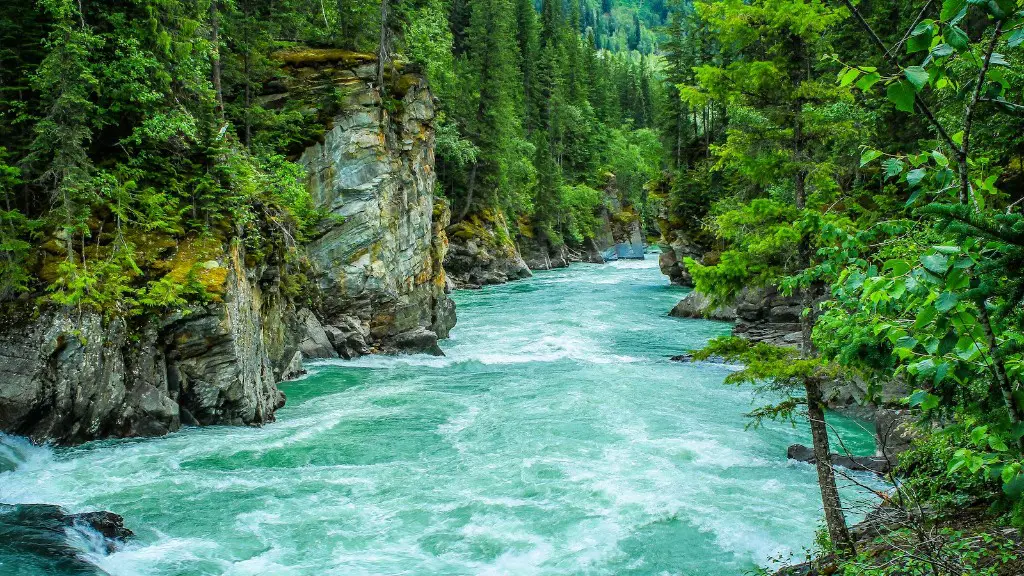Living in ancient times came with a range of obstacles and difficulties. One such challenge that ancient Egyptians had to face was finding a reliable source of safe drinking water. Africa is known to be the home of the Nile – one of the world’s longest vast river systems. With its origin buried in the continent’s heart, an abundance of water provided a natural resource for the Egyptians. The Egyptians were left to ask themselves: could they drink Nile river water and survive?
In order to examine this topic, one will have to look into the condition of the Nile’s water. In modern times, the Nile is spoken of as a water source filled with various levels of bacteria and pollutants, rendering the water not potable. However, research shows that back in ancient times, there was less environmental pollution and Egypt was known to treat and purify the water with various processes.
The purification of the river’s water would take place just before the Egyptians would drink it. The purification process included removing any visible dirt or sediments and boiling the water to eliminate bacteria and germs in order to make it drinkable. Balance was also a key element in water treatment, since an excess of sediment or minerals would alter the taste of the water. Furthermore, Egyptians also used alum to reduce water turbidity. The addition of alum would help clump together the suspended particles in the water so they can be removed more easily.
Another question that arises is, could the flow of the Nile be trusted? The Egyptians were fortunate enough to be blessed with the river’s predictable flooding, giving them ample water supplies. The regular flooding of the Nile caused it to become an efficient system, allowing for the water to be constantly monitored and its resources to be taken advantage of. In turn, this allowed for a reliable source of clean and safe drinking water for the Egyptians.
In the light of all these findings, the answer is that the Egyptians could have easily drank the water of the nile with some small adjustments and treatments. Through their understanding of the river and their monitoring of the water quality, ancient Egyptians not only had access to potable water but also the ability to insure they stayed hydrated and healthy.
Did Disease Affect Water Potability?
The answer is yes – however, disease likely had a small effect on the potability of the Nile’s water. Ancient Egyptians were known to have used various herbs and spices to add flavour to their food and drinks, such as dates and garlic, that are thought to be beneficial for warding off disease and parasites. They also utilised the use of alum and other methods of treatment to reduce bacteria levels in the water.
Additionally, while some diseases may have been common during their time, they were largely often not directly linked to their water supply. This is because most waterborne illnesses are caused by soils with low permeability and not by the quality of the water itself. Furthermore, the quality of the water was monitored by the Egyptians and thus, a large risk of disease caused by water consumption was avoided.
Rise in Pollution Over the Years
The water of the Nile may have been potable during ancient Egyptian times; however, over the years, as the river has been used for various activities and its water source polluted, the quality of the river has decreased drastically. Agricultural waste, industrial pollution from factories and sewage from households have all been major contributors to the decreased water quality, leaving the population at risk with the consumption of this water.
In addition, different resources like sand and gravel are also extracted from the river and the dams constructed also have an environmental impact. These practices have changed the course of the Nile over time, as well as have had an effect on water quality. The regular processing of water in ancient Egyptian times has thus been rendered, for the most part, ineffective in modern day.
Impacts on the Population
For millions of people who rely on the Nile’s water in many parts of the world, waterborne illnesses remain an ever-present issue. The population today endures the consequences of the river’s pollution, which has become a major public health issue. The water is unsafe to drink, has become increasingly scarce and is virtually dependent on the rainfall that is unpredictable.
The lack of regulation of activities and businesses near the River has also added to the stress of trying to conserve water and keep it clean for human consumption. With the continued exploitation of the resources the river provides, the effects of pollution are only likely to get worse and become more of a burden on the local population.
Can the Nile be Cleansed?
The answer to this question remains unclear. The Nile is an incredibly complex river system, with various branches and tributaries, as well as immense environmental changes over the past decades. The pollution that is present in the water is much harder to clean up compared to the processes used to treat the water in ancient times.
Furthermore, numerous efforts to tackle the issue of water pollution have been made and the waters of the Nile continue to be studied by scientists. Various processes of clean up, such as filters and dams, are being employed in order to try and keep the population safe from the potential risks of drinking contaminated water.
The Future of the Nile’s Water
The Egyptian government has made major investments in water conservation initiatives in order to reduce the amount of pollutants in the water of the Nile and other rivers. In addition, a number of projects have been launched to promote sustainable use of the water resources, such as those devoted to agriculture and fisheries.
Overall, the efforts of the government alongside their numerous public and private partners are set to make progress in protecting and restoring water sources in the region and in reducing the environmental impact of human activities.
Conclusion
The water of the Nile may have been a source of life in ancient times, but we find ourselves amidst an environmental catastrophe in modern times. Ancient Egyptians found a way to make the water from the Nile clean and potable, however, over recent decades, the river has become depleted and heavily polluted due to human activities. Various attempts at cleaning up the water are being made, though their effectiveness remains to be seen.




